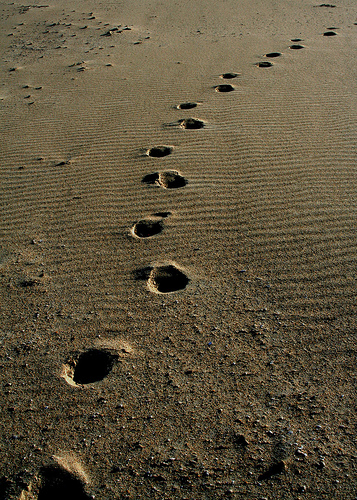I can't describe how powerful and affirming the experience of looking through pages and pages of words has been; from stream of consciousness prose to pensive morning reflections, from photo-poetry to snippets and chapters from upcoming book projects, I really am blown away by how far I've walked, mentally and…
-
-
This Is What a Lesbian Looks Like: My CURVE Magazine Debut
I was recently interviewed for Curve Magazine's "This Is What A Lesbian Looks Like" monthly feature. It's taken so long to feel whole and integrated as a trans-national, multi- cultured and layered individual; Nigerian, African, queer, afrofeminist, nerdy etc. It feels awesome in so many ways, and yet, so surreal.…
-
Becoming iQWOC
The name, iQWOC, came to me after I founded Queer Women of Color and Friends (QWOC+ Boston) and, all of a sudden, felt invisible in my own community. It seemed I had succeeded in creating a safe social space for black lesbians, asian queers, white allies, latina friends, young professionals,…
-
Queer People of Color History in Boston: Thank You Letta Neely
Last night, Letta told me, “I’m proud of you,” and I was speechless. She had no idea how big a part she played in all of this. I first saw her perform more than two years ago at the Dyke March. She performed some of her poems, and then just…
-
Hablando de Las Latinas (Continued): Dislocating Cultures
So many of my white American friends have never understood that when my parents come to visit that they of COURSE stay with me in my one bedroom apartment, and that my mother’s underwear will always be found hanging to dry in the bathroom. I know it’s funny, but that’s…
Online rulet oyunları gerçek zamanlı oynanır ve online slot casino bu deneyimi canlı yayınlarla destekler.
İnternet üzerinden eğlence bahsegel giriş arayanlar için deneyimi vazgeçilmezdir.
Kullanıcıların hesaplarına hızlı ve sorunsuz bettilt ulaşabilmesi için adresi her zaman güncel tutuluyor.

